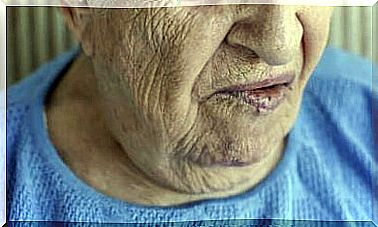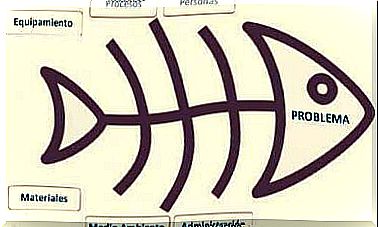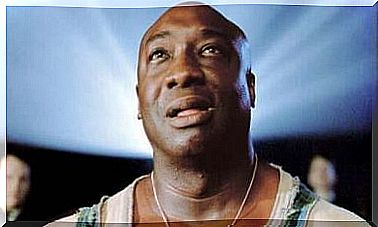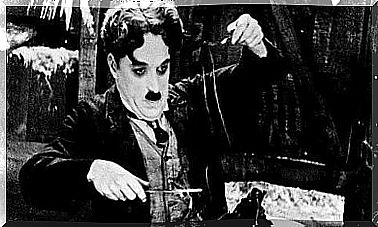Resistance To Emotional Healing

It is said that we all seek prosperity; that we all want to be happy. It is said that we do everything in our power to achieve this. If you are going through a difficult time and you get a question about it, you will surely answer that you are doing everything you can to end it.
But psychoanalysts and psychologists have discovered that this is not really true. This has been proven during therapy: patients sometimes object to emotional healing.
As part of a psychoanalytic process and a psychological therapy, resistance can be expressed in different ways. There is no time to go to therapy, they lose interest in the process, they direct excessive criticism at the therapist or psychoanalyst…
Anything that stops or hinders progress constitutes some form of resistance to emotional healing. Why would anyone who suffers and has the opportunity to be helped sabotage this opportunity?
In reality , the resistance suggests a struggle between the conscious desire for change and the subconscious forces that hinder this process. The root of suffering lies in these subconscious forces.
Here comes the paradox: healing can be a big problem for humans. That is why almost everyone opposes the processes that really pull us out of these great sufferings.
The cure is problematic for many reasons, but let’s focus on three:
- We are afraid of not being able to confront the pain.
- When we heal a great suffering, we also lose the benefits that came with it.
- It involves a lot of guilt.
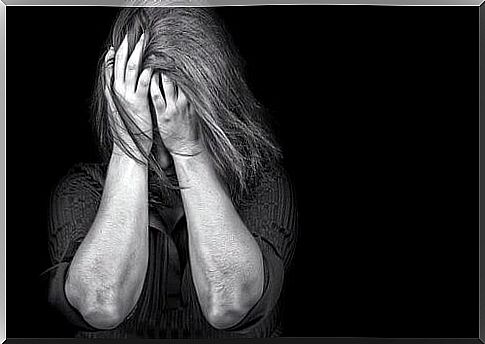
And if they ask you about your problems and conflicts, you will surely make a list of general situations that make you upset: you are not happy with your partner or your job, you do not have a good relationship with your family, you are afraid of others opinions and similar things.
When we take a deeper look at this type of situation, we realize that it is simply the tip of the iceberg, which beneath the surface has more complex realities.
For example, it is not that you are not happy with your partner, but rather that you have an incredible fear of being abandoned, and this makes you a controlling person who causes problems. It is not that you are dissatisfied with your job, but rather that you are afraid of your boss, and it is impossible for you to take back your right to certain things.
Even if we are not aware of it, we all know that there are hidden reasons behind our main problems. They are usually fears, guilt and desires we do not consciously accept.
This leads us to resist when it comes to emotional healing. We do not want to confront these painful or disturbing realities because we believe we will not be able to deal with them.
Despite all the complications it can bring, suffering also has its own benefits. In reality, it is easier to repeat the list of problems we have rather than investing a great deal of effort in analyzing and solving them. So maintaining suffering allows us to save energy.
From our suffering, we usually build a certain position towards life that justifies our problems. For example: “I can not find a better job because the economy is experiencing a crisis, and I have to adapt to what I have.”
With that said, it is no longer our responsibility; therefore we are only victims of circumstances. We even get people to say “poor you” to us, and we feel comforted by it.
In conclusion, even though it may seem strange, people tend to cling to their problems. When we solve a problem, we can even feel a form of sadness.

Even though they will never consciously admit it, some people are convinced that they deserve the suffering they are experiencing. It is not that they aim to suffer, but they avoid getting rid of the suffering even if they are given the opportunity to do so.
No therapy works for them. No psychologists, no psychoanalysts. No form of change yields any results. The only thing that works is their own suffering.
These people subconsciously feel that they should be punished. Why? Most often due to childhood trauma, mothers or fathers who made impossible demands or something related.
The truth is that they embrace ideas and attitudes that prevent them from getting the help they need. So that they can end up with the punishment they feel they deserve, deep down and without valid reasons.
We all have, to a greater or lesser extent, a combination of types of resistance that prevent us from achieving emotional healing. They become more visible during psychological or psychoanalytic consultation, but they are also present in our daily lives.
Overcoming this resistance requires hard work, but at the same time it is the beginning of the end for our greatest suffering.
